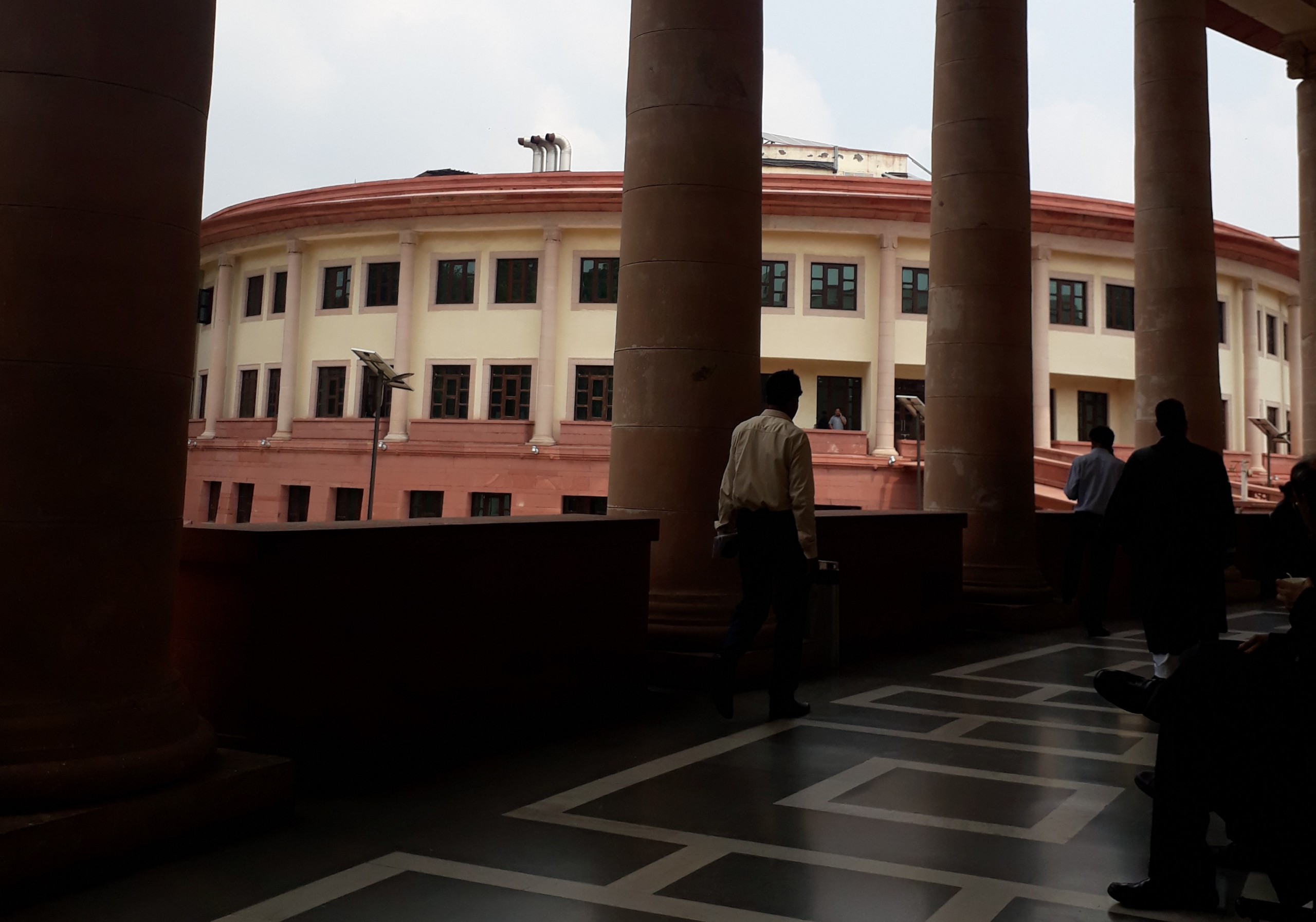Summary
The claimant in this case is the Ministry of Economic Affairs and Climate Policy of the State of the Netherlands (the State), who appealed in cassation from the Court of Appeal’s ruling in favor of Stichting Urgenda (Urgenda), an organization working to combat climate change. In 2013, Urgenda brought suit, pursuant to the provision of the Dutch Civil Code (DCC) enabling organizations to bring claims in the general interest, together with 886 individual co-plaintiffs to request an order instructing the State to reduce the Netherlands’ greenhouse gas emissions by 25-40% by the end of 2020 compared to 1990 levels. Urgenda alleged that the State was violating its due care duty (Article 6: 162(2) DCC) and Dutch residents’ right to life (Article 2 European Convention on Human Rights (ECHR)) and right to respect for private and family life (Article 8 ECHR) by contributing to climate change. In June 2015, the District Court of the Hague ruled in favour of Urgenda and ordered the Government to reduce Dutch emissions by 25% compared to 1990 levels by 2020. The State appealed and, in 2018, the Court of Appeal affirmed the decision. Importantly, the Court of Appeal premised its decision on the State’s positive obligations under Articles 2 and 8 ECHR. The State appealed to the Dutch Supreme Court.
The Supreme Court accepted the findings of fact made by the lower courts regarding climate science put forward in IPCC (Intergovernmental Panel on Climate Change) reports and UNEP (United Nations Environment Program) reports, and as recognized in decisions taken by States Parties to the UN Framework Convention on Climate Change (UNFCCC) and in the Paris Agreement. Additionally, the Supreme Court cited European and Dutch climate policies that supported more ambitious emissions reduction targets. The Court accepted the science indicating the dangers of the earth warming more than 2 degrees Celsius (two-degree target) compared to pre-industrial levels and accepted that 1.5 degrees is a safer threshold. The Court also followed the findings of the fourth IPCC report (AR4) that greenhouse gas emissions from industrialised countries (known as Annex I countries, which includes the Netherlands) must be 25-40% less by the end of 2020 than they were in 1990 to stay below 2°C.
The Supreme Court affirmed that climate change constitutes a “real and immediate risk” of harm that triggers the State’s positive obligations under Articles 2 and 8 ECHR, drawing on analogous jurisprudence from the European Court of Human Rights (ECtHR). The Court stated that the risk of harm must directly threaten the people involved, which can include society as a whole, and that these Articles provide protection even if the risks may not materialize for a long period of time. The Court determined that the State thus has a positive obligation under Articles 2 and 8 ECHR to “take appropriate measures against the threat of dangerous climate change.” The measures adopted must be “reasonable and suitable,” “consistent,” taken “in good time” and consistent with a “due diligence” approach. Specifically, the State must reduce greenhouse gas emissions from Dutch territory, in line with its “fair share” of global emissions reductions. However, such obligations cannot amount to an “impossible or … disproportionate burden” on the State.
The Court was clear that States have an “individual responsibility” to mitigate climate change, despite the global nature of the problem, referring to the UNFCCC to which the Netherlands is a party and the “no harm principle” in international law, among other sources. The Court rejected the State’s arguments that its contribution to global emissions was negligible, emphasising the detrimental impact on global efforts to combat climate change if such a defence were accepted and the need to provide an effective remedy pursuant to Article 13 of the ECHR.
The Supreme Court determined that the State was required to reduce its emissions by at least 25% by 2020 against 1990 levels, as an “absolute minimum,” given the high degree of scientific and political consensus regarding this standard, referring to IPCC science and intergovernmental decisions, among other sources. The Court found that “the State has not been able to provide a proper substantiation of its claim that deviating from that target is nevertheless responsible.” The Court determined that the order would not constitute an “impossible or disproportionate burden,” particularly given that other EU countries pursued “much stricter climate policies,” and the State had been on notice of the order since 2015.
Finally, the Supreme Court dismissed the State’s argument that the order constituted an impermissible “order to create legislation,” on the basis that it was a legitimate function of the judiciary to determine whether the State was complying with its legal obligations, and the order itself gives the State the freedom to determine how to achieve the reduction target.

